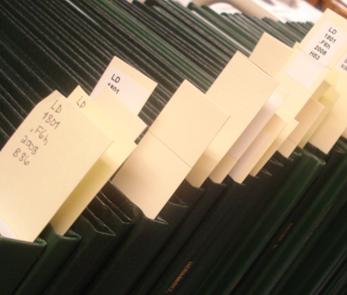
USF St. Petersburg campus Master's Theses (Graduate)
First Advisor
Major Professor: Deby Cassill Ph.D.
Second Advisor
Sean Doody, Ph.D.
Third Advisor
Melanie Riedinger-Whitmore, Ph.D.
Publisher
University of South Florida St. Petersburg
Document Type
Thesis
Publication Date
2020
Date Issued
March 27, 2020
Abstract
The Pomacea maculata, Perry, 1810 or island apple snail is an invasive species to Florida freshwater systems, has become widespread throughout the state. Although P. maculata in the United States are largely limited to ponds and lakes, it can also occur in other areas such as rivers, irrigated croplands, estuaries, and drainage and irrigation ditches. P. maculata is known for its distinctive reproduction patterns and clutch characteristics. There has been a concern that P. maculata has led to extirpations of the native Florida apple snail P. paludosa. In this study, I examined the abundance and distribution of clutches produced by P. maculata in the restored wetlands of an urban lake in Pinellas County, Florida. I found that the mass of an egg clutch is influenced by where the clutch is in the developmental cycle. Pink egg clutches are freshly laid and have more mass than white egg clutches that are about to hatch. I also found that P. maculata uses both artificial and natural substrates to lay egg clutches. However, P. maculata females produced significantly larger numbers of egg clutches when sites offered large vertical surface areas that were readily accessible from the water. Month and precipitation were major predictors for the number of clutches P. maculata species produces. P. maculata females were more likely to oviposit new egg clutches on plants and storm drains during warmer, high precipitation periods. P. maculata offspring were more likely to hatch from the egg clutch during warmer, but low precipitation days. By investigating the spatial-temporal distribution of clutches produced by the island apple snail, my study will provide baseline information on the characteristics of egg clutches and reproductive success of this invasive species in an urban lake.
Creative Commons License

This work is licensed under a Creative Commons Attribution-Noncommercial-No Derivative Works 4.0 License.
Recommended Citation
Crichton, Lynsee Taylor, "Abundance and Distribution of the Non-native Apple Snail, Pomacea maculata, in a Restored Wetland of an Urban Lake" (2020). USF St. Petersburg campus Master's Theses (Graduate).
https://digitalcommons.usf.edu/masterstheses/204


Comments
A thesis submitted in partial fulfillment of the requirements for the degree of Master of Science in Conservation Biology College of Arts and Sciences Department of Biological Sciences University of South Florida St. Petersburg